Search
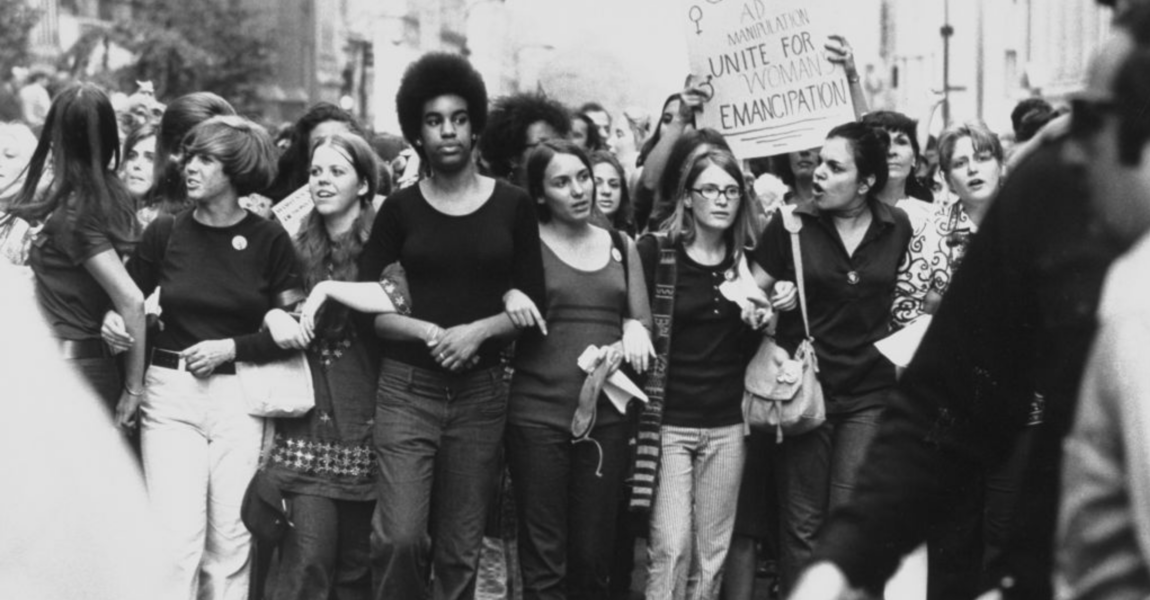
Workers in the violence against women and gender based violence sector are not socially seen as a ‘vital’ service in the same way as emergency services, and so in times like these, we are forced to come up with plans ourselves. We are forced to make off the cuff and ad-hoc decisions about how to support and safeguard people surviving abuse in their homes, who may now be forced into more intensely confined spaces for longer periods with their abusers, along with children/pets who are also at risk.
If VAWG/GBV workers are considered vital workers in the case of a lockdown, there must be precautions put in place to keep workers safe, especially if we are going to continue supporting abuse survivors in this time of heightened risks. Abuse survivors are likely to be at higher risk of further harm in cases of isolation or lockdown.
There must be planning around how support can work in a pandemic while also ensuring staff have access to supervisory spaces. For example, it cannot be that staff work from home on the phone with people whose lives are at risk and they have no access to debrief space or clinical supervision.
There needs to be planning now of how refuges can still be staffed and operating during the pandemic and how to manage incoming referrals.
Linked into ongoing non-pandemic issue of misuse/overuse of self-employed contracts: So far the response from bosses has been that self-employed staff won’t be paid or compensated at all if they cannot work due to COVID-19 related issues. This is wholly unacceptable and a dangerous precedent.
We are mostly composed of not-for-profit organisations, our funding remains the same whether service is delivered or not (funders have confirmed this) so motivation for not paying self-employed staff is about hoarding extra money for the organisation at the expense of quality of life for staff during a global pandemic.
There is also no consistency in the sector on all fronts, some organisations have cancelled training to stop the spread while others are still going ahead.
Measures we would like taken across the VAWG/GBV sector to protect workers’ health and enable safe continuity of service through the COVID-19 crisis:
Enable workers to work from home or remotely, especially those with heightened risks, or associated with individuals with heightened risks
Adequate risk assessments of services, both community and residential – ahead of potential ‘lock down’
Full sick/pandemic pay for those unable to work due to caring responsibilities, self isolating, illness or ‘lockdown’. This should include those on temporary, agency and self-employed contracts (if sessional workers – sick/pandemic pay should be their average monthly earning over the past year)
– Flexible working hours
– Postpone group gatherings e.g. training days
– Minimise face to face appointments and enable phone or video communication as long as it is safe for the survivor
– Target delivery outcomes imposed by commissioners to be waived
– Allow those with underlying health conditions to work from home without having to acquire a sick note from their GP
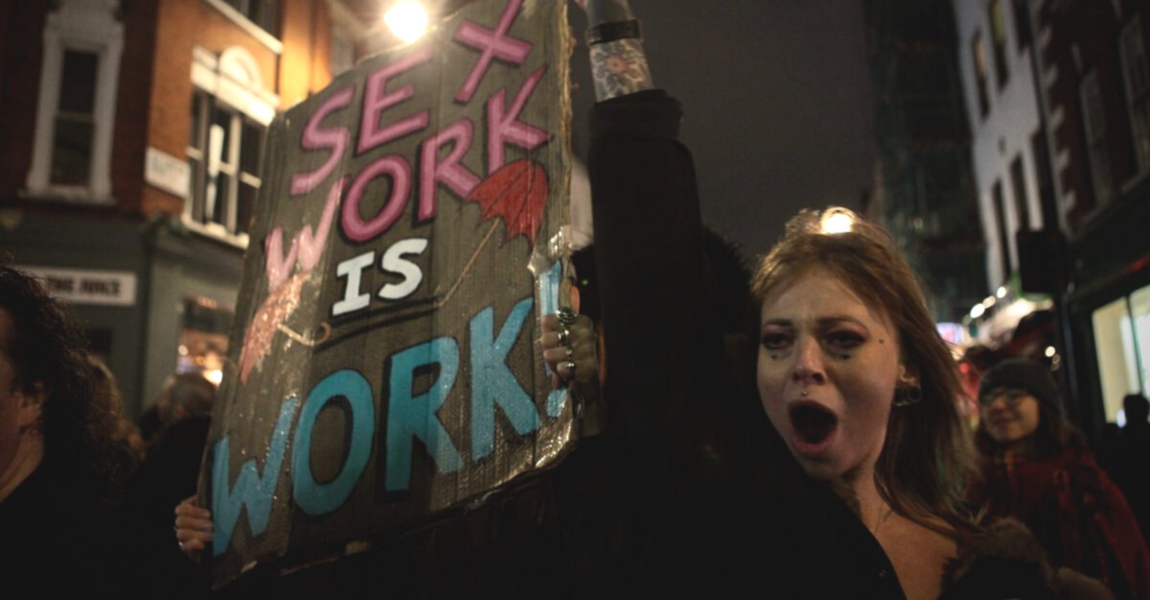
Strippers and brothel workers are experiencing an unprecedented drop in income due to a lack of customers and clients. Misclassified as self-employed, workers have no rights to a basic wage or even statutory sick pay.
Agency workers and independent escorts, who are self-employed, are also experiencing an alarming level of cancellations and lost revenue as countries close borders and corporations introduce travel bans, disrupting the flow of clients. As people are being encouraged to avoid physical contact and, increasingly, to work from home, bookings with sex workers across the industry have drastically reduced. This leaves full service sex workers feeling an increased pressure to see dangerous and boundary-pushing clients, which they would previously have been able to avoid. In an industry already made unsafe by bad laws, COVID-19 has increased levels of physical risk to workers.
Sex workers with low immunity who entered the industry because they were unable to survive on inadequate government disability payments are particularly vulnerable right now, as some clients are attempting to book workers whilst in quarantine.
Many sex workers are still criminalised, with no access to basic labour rights, including SSP or the right to organise through a trade union, because their workplaces are illegal.
In the long term, United Sex Workers collaborates with Decrim Now and other sex workers led organisation in campaigning for the full decriminalisation of sex work.
We call now for an immediate stop to raids, arrests and all other forms of intimidation and harassment of sex workers (in brothels, flats, on the streets and of independent workers sharing a space for safety) and for financial support, in the form of universal basic income, for all workers affected by the crisis, in the sex industry and all other sectors.
For sex workers in crisis, SWARM have set-up a hardship fund and are asking allies, organisations and others sex workers to give what they can.
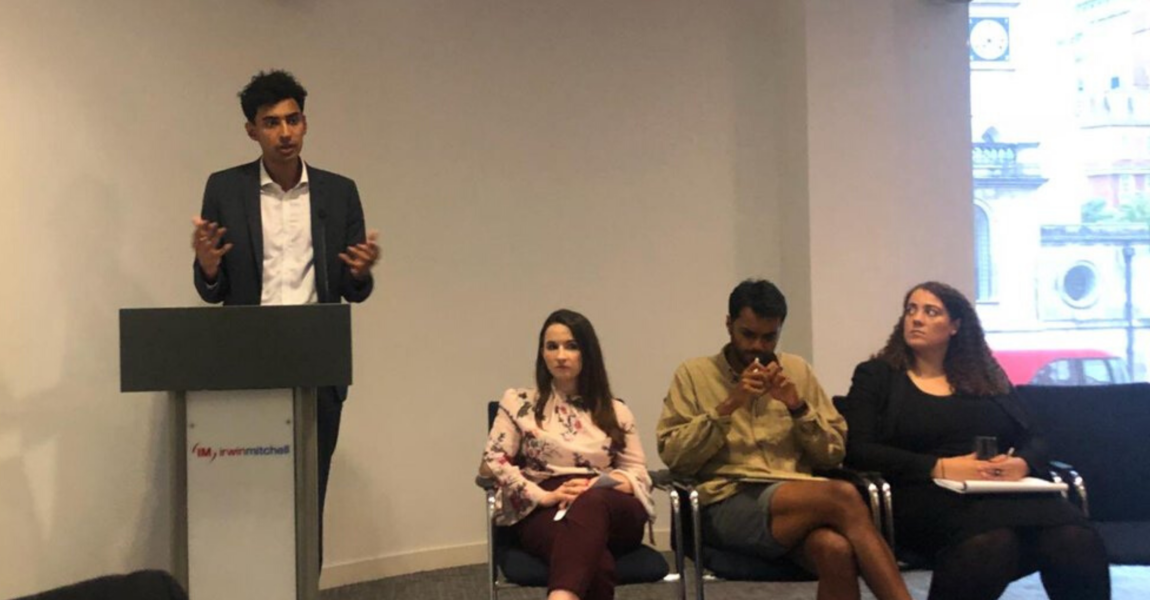
The majority of our membership comprises full-time employed office workers. Many are junior legal workers, based in London, with large student debts, little-to-no savings and on low incomes. It is unlikely they will be able to afford their rent/bills/living costs in the event of job loss, which COVID-19 threatens on a mass scale.
A large proportion of LSWU membership are legal aid workers. Firms that provide legal aid work often operate on shoe-string budgets as legal aid rates have over successive years been diminished, are particularly susceptible to negative economic activity. There is a major risk legal aid firms (who are already struggling) will be forced to close.
The wider concern is that if legal aid firms are forced to close now the legal aid sector is unlikely to recover (there are already ‘legal aid deserts’ in many parts of the country) and the Conservative government will use this as an opportunity to effectively end publicly-funded work.
We also represent self-employed workers such as barristers and intermediaries who are threatened with no form of income if courts were to close due to COVID-19.
Many of our members do not have the option of working from home. The government does not have the technological capacity to enact a wide scale transition to video links for court hearings and police interviews. Even if this were possible in practice, this would massively undermine our ability to properly represent vulnerable clients. Being required to attend public places, with lots of traffic, is particularly worrying for our older members, who are looking at a choice between their health and their job.
Of our members, criminal lawyers (barristers, solicitors, police station representatives) may be regarded as ‘critical workers’, akin to police, paramedics, nurses, doctors, support workers, and therefore expected to work throughout the entirety of the pandemic, even in the event of a lockdown. Should this happen, they must be provided the same access to medical treatment and protective gear.
You can find LSWU’s demand statement here.
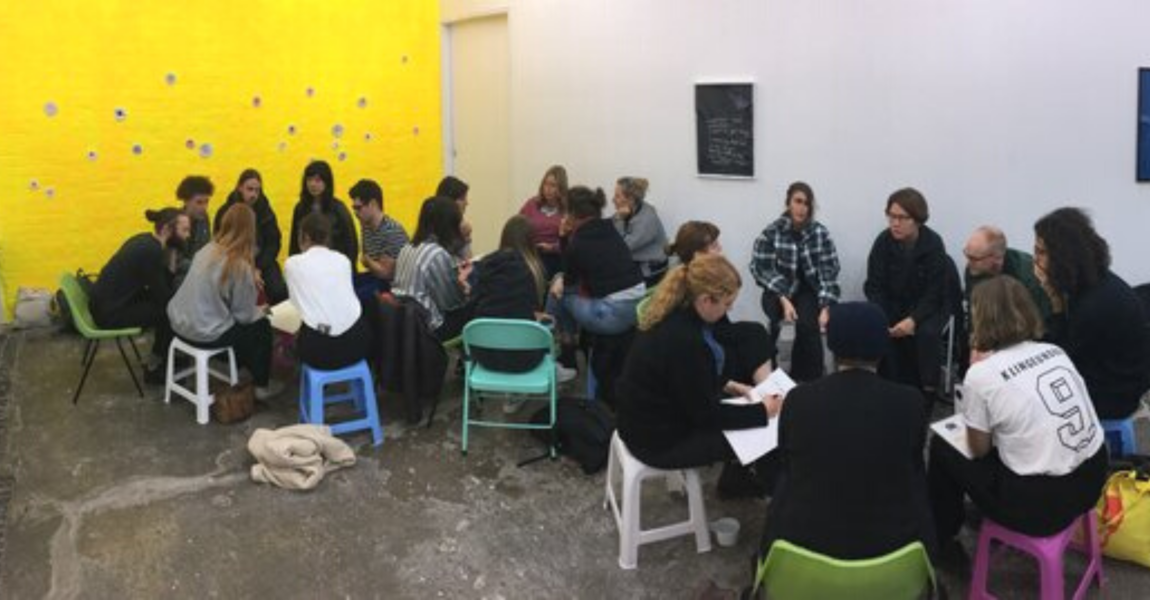
Our branch membership represents the new normal within the cultural sector: freelance self-employed workers, who work (often temporarily) in multiple workplaces and for different clients. One in four creative workers in the UK are self-employed. Coronavirus has exacerbated the precarious and unsustainable setup of the creative industries, exposing what for too long has been strategically ignored by employers, or reframed as positive flexible working.
The current government proposals – of providing statutory sick pay from day 1 rather than day 4 – do not go nearly far enough in affording cultural workers financial stability in these uncertain times. It shouldn’t need stating that in the UK today £94.25 a week is not enough to live on. Even more pressing for cultural workers is that self-employed workers do not qualify for SSP, presenting a two-fold risk: self-employed workers are more likely to continue going into work, putting their own health and others at risk, but also if we are to become ill or unable to work due to closures, receive little to no rights and protections.
We have already seen a number of events, performances and festivals cancelled, leaving creative workers – who are reliant on gig work – out of pocket and unable to rely on forecasted future income. The likelihood that the government will ban public gatherings in the near future will significantly impact creative workers’ ability to generate income, as galleries and museums will continue to close. This impacts all artworkers, from those selling tickets, invigilating the shows, running educational workshops, cleaning spaces, arts administrators, graphic designers working on exhibition identities and installs, to the artists and staff producing, curating and commissioning shows. In the likely event of more closures, we need to collectively pressure all institutions to commit to paid leave for all workers, including those agency or temp workers who are indirectly employed.
Cultural production is entangled within an international globalised economy. Global chains of production and distribution – residencies, funding, commissions, biennales – are already severely disrupted. Sectors like fashion in particular have seen huge disruption, uncertainty and financial losses.
We must understand that not all creative workers will have the ability to work from home, either due to shared living conditions with little space for work, or because of the specialist nature of their practice requiring particular facilities or working environments. In addressing the variety of spaces in which cultural production occurs, we ask that studio providers begin discussions immediately with both their landlords and studio occupants about their financial situations, with the recommendation of rent freezes across all studio spaces. In whatever eventuality, cultural workers must be allowed to return to their site of practice as soon as it is safe to do so.
In the short-term, however, we recommend that, wherever possible, designers and cultural workers shift to working remotely now – our members’ health and wellbeing is priority. We demand that all employers and clients facilitate this transition, providing suitable equipment, software, services, training and patience. Designers and cultural workers are also likely to work from shared spaces, putting their health at risk when hot desking from studio providers or working from public spaces like museums, libraries or cafes. Ultimately, freelancers should not feel they must put themselves more at risk just because they are self-employed.
In the longer term, our branch is in support of moves towards lobbying for a temporary universal basic income that includes all freelance self-employed staff. SSP is clearly not enough, and does not come close to covering rent in most UK cities, and occupational sick pay is only applicable to contracted workers. Therefore some form of UBI, combined with a rent freeze across both housing and studio space, is the only way to protect cultural workers in the coming months.
As a branch we will continue to collect the stories and experiences of our members to ensure employers are putting the health and wellbeing of their staff first. We will also be archiving useful resources through this Are.na channel.
Longer term still, and perhaps most importantly, we must use this crisis as an opportunity to reframe our industry. Our sector has committed to the prevailing logic of individualisation, to the detriment of its workforce. Creative production is casualised, in the interests of distributing profit unevenly to those at the top of the food chain. A moment of disruption creates a chance for our industry to be reassembled in the interests of its workers, with solidarity, community, equality and care at the centre of all future cultural production.
You can find Designer and Cultural Sector Workers’ statement with demands here.
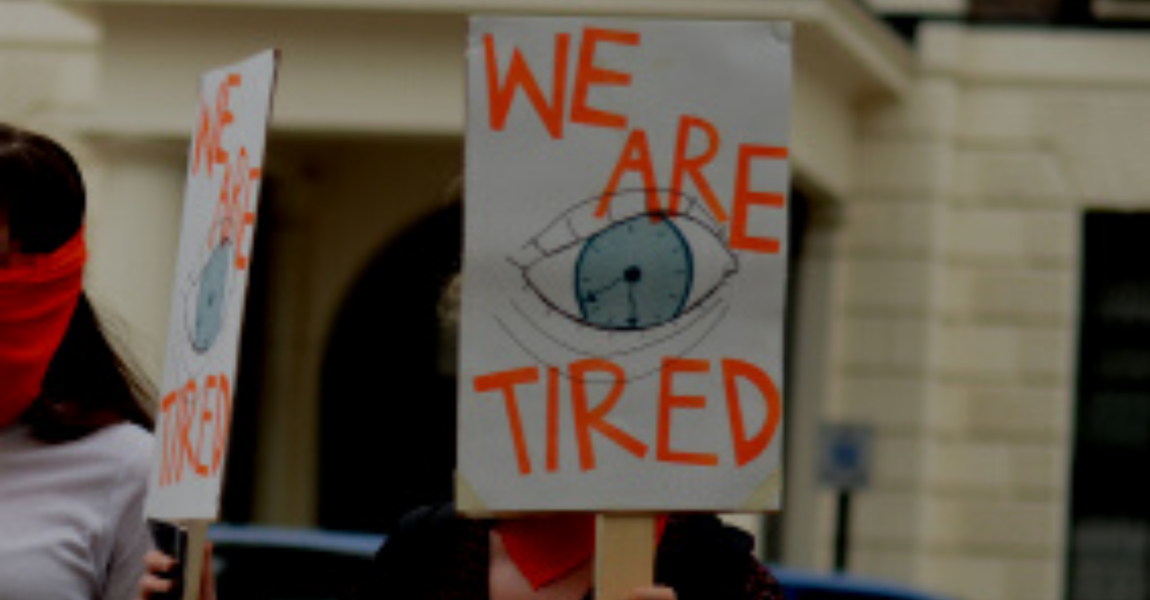
SAW condemns the inadequate response to COVID-19.
The lack of care from some architectural employers for their staff’s health and wellbeing during the COVID-19 crisis is placing many architectural workers in unsafe and highly precarious positions. The architectural sector has been overwhelmingly slow to implement the necessary measures to ensure staff safety.
United Voices of the World – Section of Architectural Workers (UVW-SAW) are demanding employers recognise the seriousness of this situation by: actively encouraging and facilitating flexible working, ensuring full salary (sick) pay for those not able to work because of the crisis, and by guaranteeing that no one is made redundant because of issues arising from COVID-19.
“The profession is dumbfounded and wholly unprepared to appropriately deal with this situation. It highlights so clearly the pre-existing vulnerabilities of workers in our profession” says Jake Arnfield, UVW-SAW member and coordinator.
“The stories we are hearing highlight how some employers neglect their duty of care to their staff in the sector compared to, for example, Higher Education where most universities have already moved all teaching to online platforms” says Kirti Durelle, UVW-SAW member and coordinator.
Many practices are not sufficiently equipped to allow their staff to work from home, and most are still asking workers to continue to come into the office putting their own health and that of others at risk. The implementation of flexible working measures are frequently relying on employees’ own hardware, software, and domestic internet connection. Those without such are less eligible to work from home, and fear not being paid if they decide to self-isolate. Even if they recieve sick pay, many workers are only paid statutory sick pay which is not enough for them to afford to live. One union member, who wished to remain anonymous, said “If I fall ill, I have no safety net – I cannot pay rent and survive on statutory sick pay alone so I feel pressured to just keep working.”
In light of these evolving circumstances, UVW-SAW is calling on employers to recognise the seriousness of the situation and act responsibility and in the best interests of the country by:
1. Encouraging and facilitating flexible working arrangements: No worker should be pressured to go into the office if it poses a risk to their and others’ health. Flexible working arrangements need to be implemented immediately for all members of the workforce. In the event that this is not feasible, an employer should ask staff to remain at home and pay them their full salary.
2. Ensuring full salary sick pay for those not able to work because of COVID-19: If a worker has to self-isolate because they are experiencing Coronavirus symptoms, they should receive their full salary in sick pay for the full duration of the recommended self-isolation.
3. Guaranteeing no one is made redundant because of issues arising from COVID-19: No one should be dismissed or made redundant as a result of issues arising from the Coronavirus outbreak, particularly if they decide not to come to work without their employer’s express consent.
The union would like to hear from architectural workers in the sector about how their employers are responding to the COVID-19 crisis. Please fill in their survey here or email at: saw@uvwunion.org.uk.